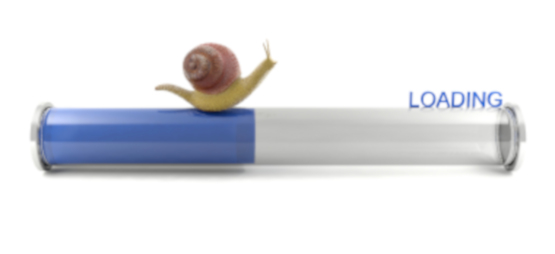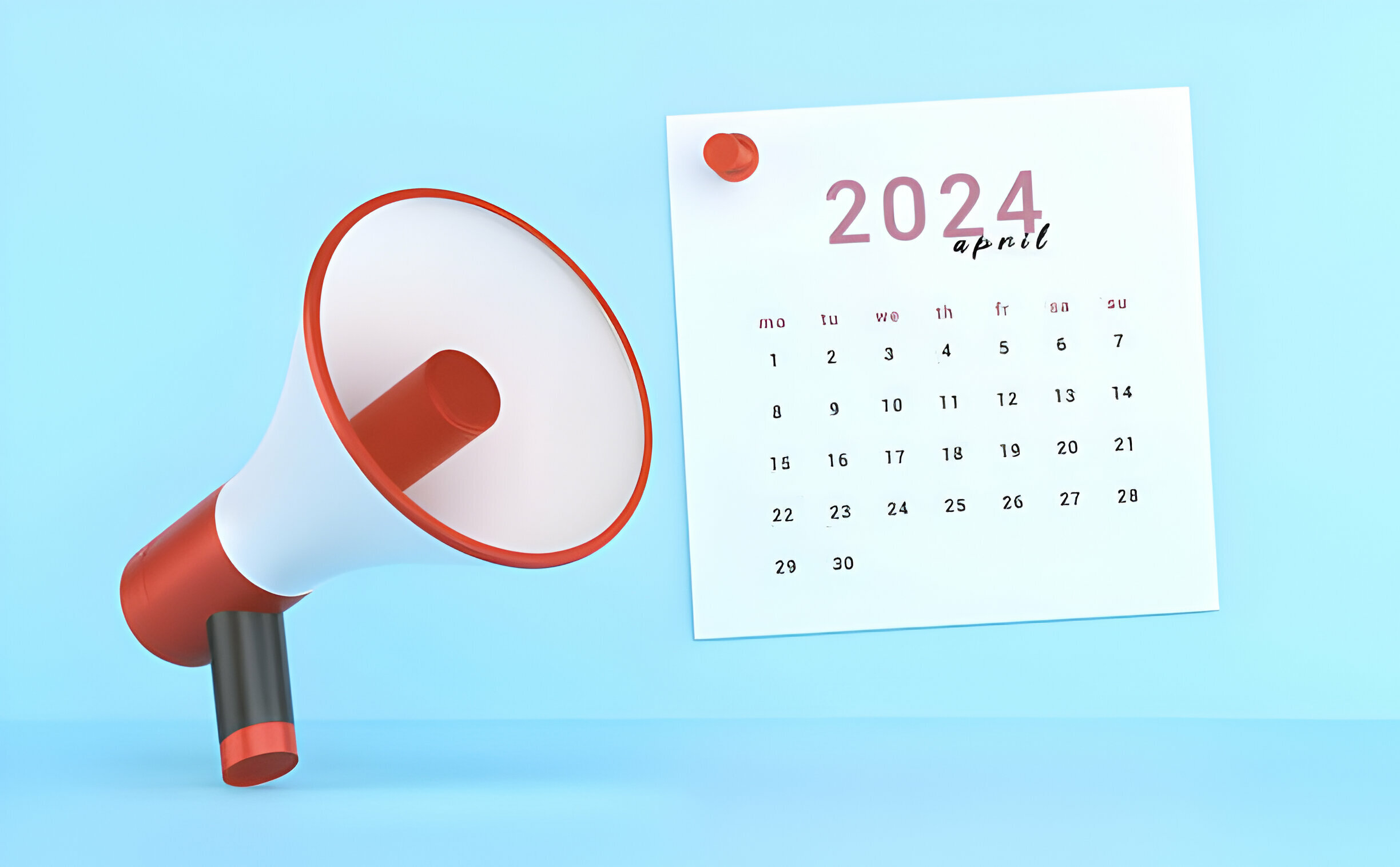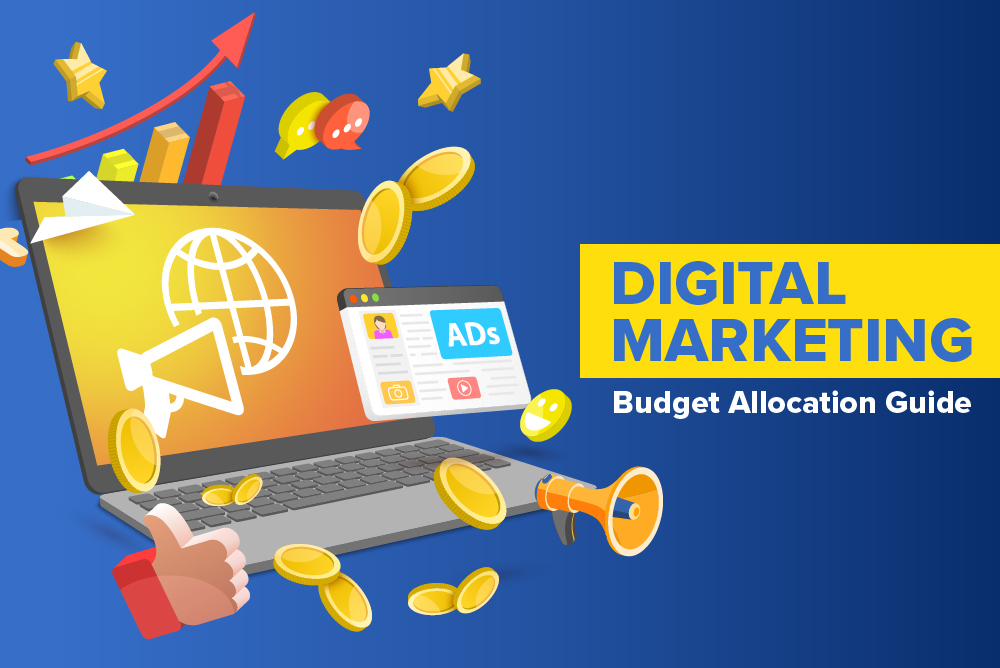A slow loading website these days for a business owner is like leaving money on the table, because 9 times out of 10, it’ll put off your site visitors, who will then leave your site and probably never visit again. And this often happens regardless of how much the visitor liked your product.
What site visitors don’t understand is that a lot goes into generating the content they see on each website and that sometimes things don’t always work the way they should.
To avoid this issue, site owners need to understand what’s causing the problem in the first place so that they can solve it more effectively.
Luckily for you, we’ve done some research to bring you 10 of the most common causes of slow-loading websites.
- Large Volumes of Traffic
If your site is experiencing a spike in visitors, then it’ll most likely start slowing down because most web servers can only handle a limited amount of traffic at a given time. Once that number starts multiplying, your server will have to pull in other resources in order to meet the demand, and that can compromise user experience.
- Unnecessary Redirects
Redirects require your website to perform double duty and load two pages at the same time, which is why they slow things down. So try to not have any redirects on your site at all.
- Server Performance
One of the best ways to avoid a slow-loading website is to make sure that you’re using a good server in the first place. Now, a bad server is usually a sign of a bad web host, which is why you should never save money when it comes to your web host. Simply get the best one possible and you’ll reap the rewards later.
- Large Images
As you may have noticed from other sites and blogs, large images take forever to load, and in turn, they slow down the rest of the website. For the best results, try to keep large images to a minimum and make sure that they’re in a format that’s simple to read, like GIF, PNG and JPG.
- Too Many File Requests
The number of files that your site has to load each time a new user visits will also affect its loading speed. For example, if your site has to load 100 files for each visitor and you experience a spike in traffic, then your server has to work overtime in order to load the files for everyone.
- Server Location
Believe it or not, your server’s location can also affect loading speed, and the farther away a customer is located from the physical server, the slower their browsing experience will be.
- Dense Code
As you may know, websites are built using code and if you have too much code and JavaScript backing your site, then you can expect to have slow loading pages.
- Too Many Plugins
Try to keep plugins to a minimum as well, because they can be very demanding on your server, thus slowing your website down.
- Text Graphics
Text images like your brand logo or welcoming text not only take up a lot of space and resources, but they slow your website down as well. So, try to go for simple fonts instead.
- Outdated CMS
Look for updates from your CMS and install them as soon as they pop up on your screen. This is a simple and effortless way to keep your site updated.

















